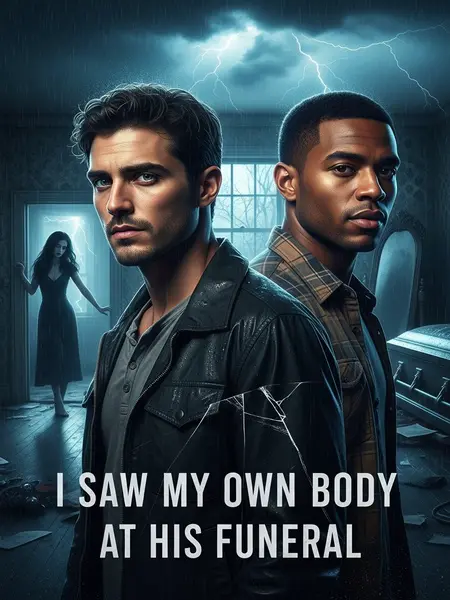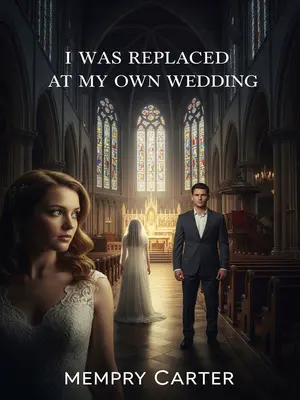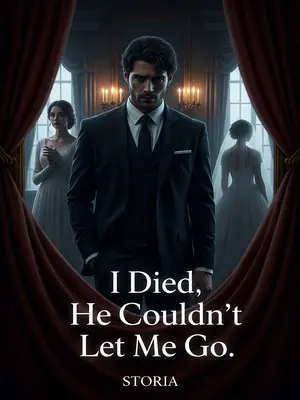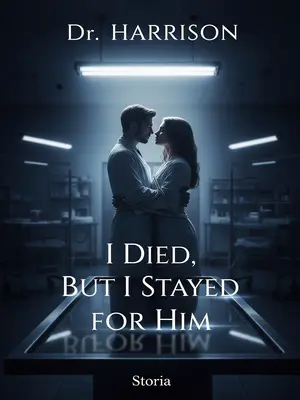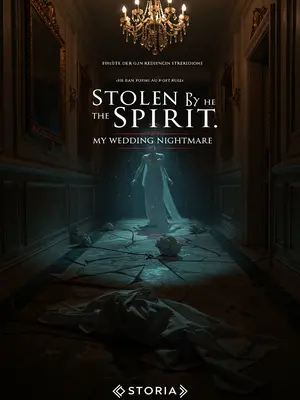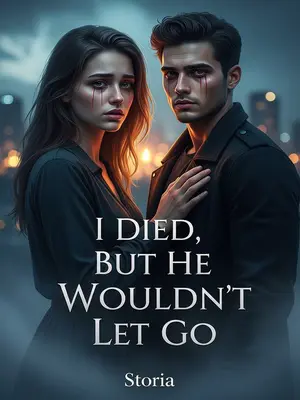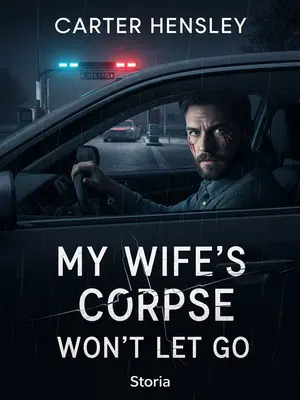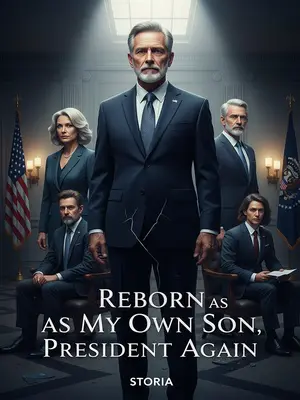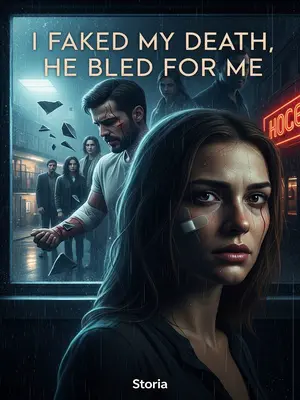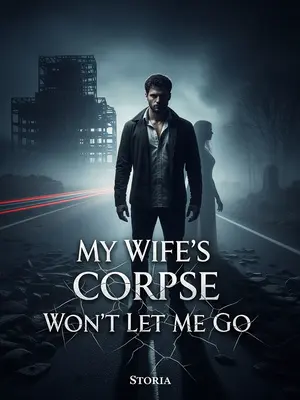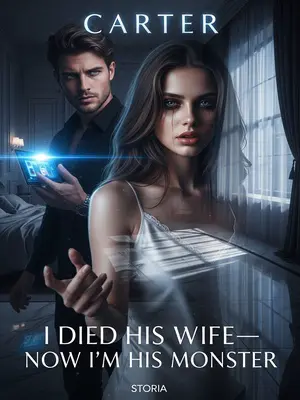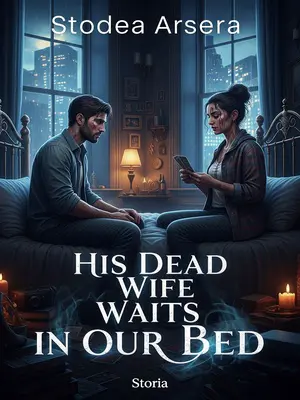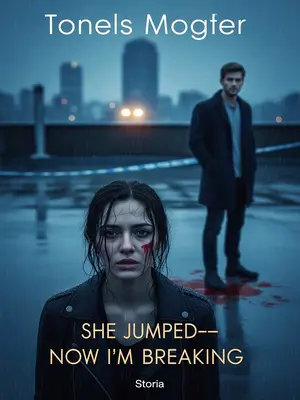Chapter 6: Buried Secrets and Living Shadows
But seeing Travis’s pleading eyes, I couldn’t say no, so I decided to check the house first.
I nodded, rolling up my sleeves. Time to get to work, whether I liked it or not. My nerves buzzed.
I took out my compass and walked around the yard, but the dog had been barking nonstop since I got there, giving me a headache.
The compass needle quivered, the dog’s barking echoing in my skull. I massaged my temples, trying to focus. My patience wore thin.
Annoyed, I glared at it, and it whimpered and lowered its head.
The dog shrank back, tail tucked, eyes wide. The sudden quiet was almost a relief. I exhaled slowly.
With the noise gone, I felt less irritable. “Where’s your wife?”
I tucked the compass into my jacket, glancing at Travis. He looked nervous.
He pointed to the front room. “In the west bedroom.”
He gestured with a shaky hand, voice barely above a whisper. He looked like he hadn’t slept in days.
But as I approached, the compass showed nothing unusual.
The needle stayed steady, no sign of disturbance. I frowned, double-checking the readings. Something didn’t add up.
I kept going along the wall. When I reached the east room, the needle started trembling, then spun wildly.
It jerked in my hand, spinning faster the closer I got. My skin prickled with unease. I swallowed hard.
I stepped inside. The ceiling was broken, and the exposed beam hung right over the bed, heavy and oppressive, like a weight on my chest.
The air felt thick, hard to breathe. Dust motes danced in the sunlight, the room colder than the rest of the house. I rubbed my arms, trying to shake the chill.
This was a structural flaw—over time, it could affect the health and luck of whoever slept there—but according to Travis, his wife hadn’t been sleeping in that room.
I made a mental note to mention it later. Sometimes, the simplest problems have the strangest effects. Nothing’s ever just a coincidence.
“Why’s that beam still exposed?”
I pointed up, raising an eyebrow. The question hung in the air.
“I’ve been busy and haven’t gotten around to it. I wanted to hire a contractor, but my mom says she lives alone and didn’t want to waste the money.”
He looked embarrassed, rubbing the back of his neck. Money was always tight around here. He avoided my gaze.
He looked down, embarrassed.
His cheeks flushed, and he wouldn’t meet my eyes. I let it go. No point in making him feel worse.
After thinking for a moment, I glanced at the corner of the yard. The big black dog tied there had drooping ears and dull fur—clearly old.
The dog watched us, tail thumping weakly. His eyes were cloudy, but there was still a spark of life left in him. He seemed tired, but loyal.
“Have you always had this dog?”
I crouched down, holding out my hand. The dog sniffed, then turned away. I sighed.
“I bought him after my dad died. I have to work during the day, and with no one around the house, I was worried they’d be scared. But since we got him, he’s been barking like crazy, just like today, no matter how much we yell at him.”
He shrugged, frustration clear in his voice. The dog’s constant barking was wearing on everyone’s nerves. I couldn’t blame him.
I asked, “Does he bark at night like this?”
I watched the dog’s eyes, searching for any hint of recognition. The old mutt just yawned.
He looked surprised. “No, never heard him bark at night.”
He frowned, as if realizing it for the first time. That was something, at least.
I had a hunch. I asked Travis for some food and fed the black dog.
He brought out a bowl of leftovers, and the dog wolfed it down, tail wagging for the first time. I smiled a little.
After he finished eating, I stroked his back and untied the leash.
The fur was coarse beneath my fingers. The dog stretched, then shook himself, looking at me expectantly. Ready for action.
I led the dog, letting him sniff and wander.
We moved slow, the dog’s nose to the ground. Travis trailed behind, shovel in hand, silent and tense. My hands itched.
We walked—he’d stop and sniff—until we left the yard and ended up behind the house. The dog whimpered, refusing to go closer.
He planted his feet, tail between his legs, whining softly. I knelt beside him, scratching his ears, whispering reassurances. My hands shook. Dirt under my nails.
I asked Travis to bring two shovels. He didn’t ask why, and when I said “dig,” he started shoveling.
He handed me a shovel, and we worked in silence, the dirt cold and heavy. Sweat trickled down my back, despite the chill. The earth gave way slowly.
With a clang, the shovel hit something solid.
The sound echoed, sharp and final. We exchanged a look, then dug faster. My heart pounded.
I dropped the shovel and dug with my hands.
The earth was cold, clinging to my skin. My fingers brushed against wood, rough and splintered. I held my breath.
It was a plain wooden box with a rusted lock. I found a rock and smashed it open.
The lock gave way with a crack, the lid creaking as I pried it open. My stomach twisted.
As soon as I lifted the lid, a foul stench hit me, and I covered my nose and mouth.
The smell was overwhelming—rot, blood, something ancient and wrong. I gagged, eyes watering. Some things you never get used to.
Inside was a pair of old embroidered slippers from decades ago, the kind older folks used to wear.
They were delicate, faded by time, but the embroidery was still visible—roses and vines in red thread. The sight made my skin crawl.
The shoes were soaked in blood and rot, the smell unbearable—a mix of blood and decay.
Maggots writhed in the seams, the soles sticky with old gore. I fought the urge to vomit. Some things you never get used to.
It was obvious someone had buried them here on purpose, but seeing how worried they both were, I kept quiet and closed the box.
I snapped the lid shut, wrapping it in an old towel. I caught Travis’s eye and shook my head—no need to panic his mother just yet. My mind raced.
I asked Travis to take me to see his wife.
He nodded, leading me inside. The hallway was dark, the air colder with every step. My nerves were shot.
He unlocked the door and pushed it open.
The hinges squealed, the door swinging wide to reveal the room inside. The smell of bleach and sickness hit me.
The room was several degrees colder than outside. His wife, usually sturdy, now sat on the bed, eyes downcast, face lifeless, body limp like an abandoned puppet.
She barely looked up as we entered, her skin pale, lips cracked. The blankets were pulled up to her chin, but she shivered anyway. I felt a pang of pity.
“This is what you call normal?”
I kept my voice gentle, not wanting to startle her. She didn’t respond, just stared at the wall. The silence was thick.
“She was fine when I left. I don’t know what happened.”
Travis’s voice was thick with guilt. He hovered in the doorway, hands clenched at his sides. He looked like he might break.
He waved his hands in a panic, eyes full of worry—not the look of someone lying.
I nodded, took out my phone, and stepped outside to make a call.
My hands shook as I scrolled through my contacts. I needed backup—someone who’d seen worse than this. My heart hammered.
After a few rings, a familiar voice answered: “What’s up, man?”
His voice was a lifeline, steady and strong. I exhaled, relief flooding through me. Finally, someone I could trust.
“Monk, I’ve run into something tough. Need your help.”
I didn’t bother with pleasantries. He knew the drill. I could almost hear him gearing up.
“No problem. Was just thinking I needed some work.”
His tone was light, but I could hear the tension underneath. He never joked unless he was worried. My shoulders eased a little.
I explained the situation in detail. The other end went silent—so quiet I thought he’d hung up—before he finally said, “Text me the address. I’ll head out soon.”
His voice was low, serious. I felt a little less alone, knowing he was on his way. We’d face this together.
He meant it.
I put my phone away, staring at the sky. The clouds were still thick, the wind picking up again. Whatever was coming, we’d face it together, like we always had.
